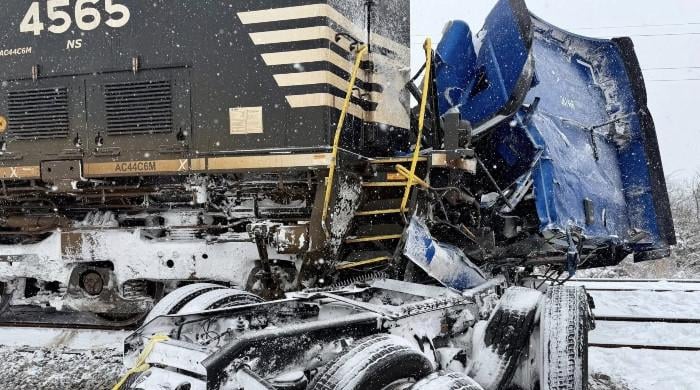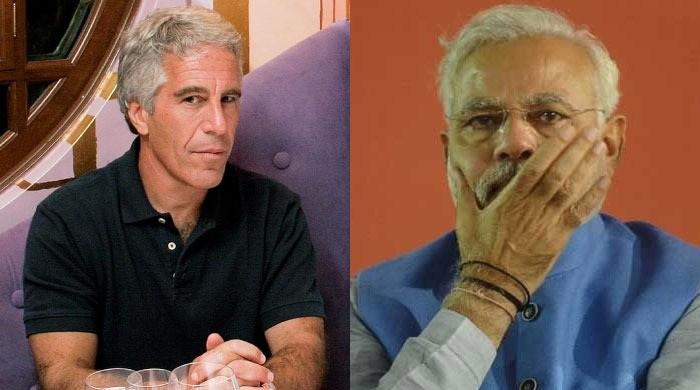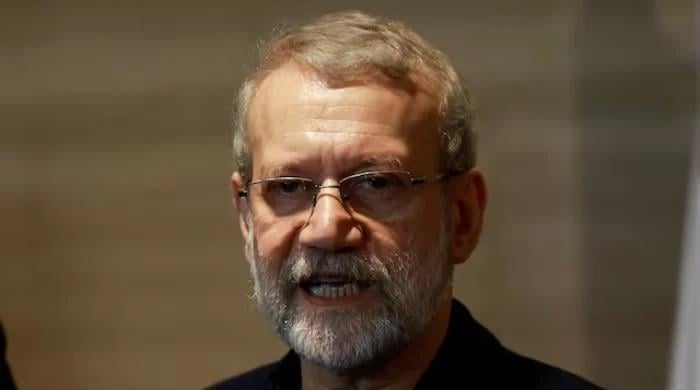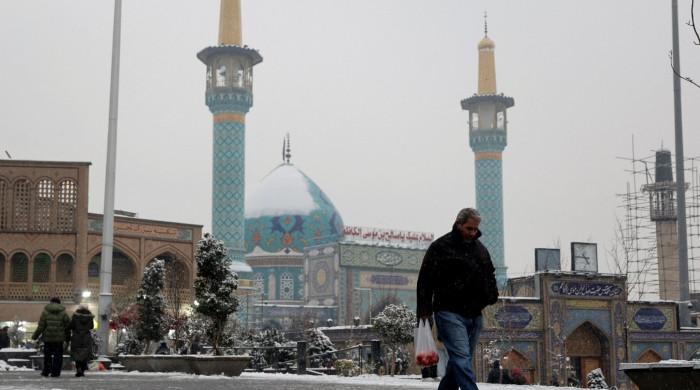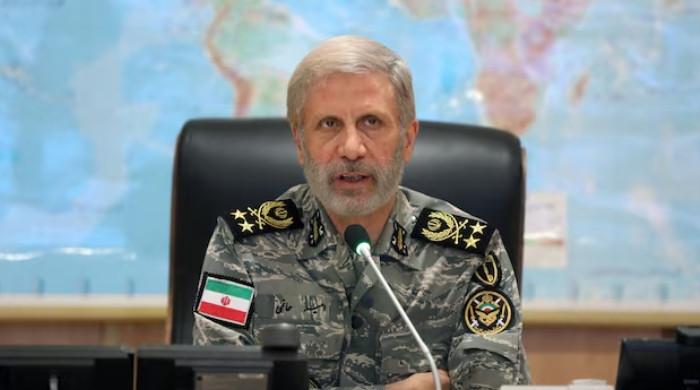North Korea fires space rocket again after failing months earlier
"Our military is maintaining a full readiness posture and closely coordinated with US," South Korea says
August 24, 2023
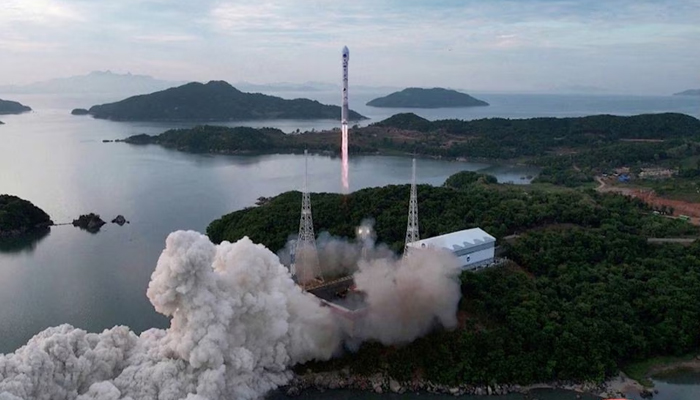
South Korean Joint Chief of Staff said Thursday that the military detected a North Korean projectile — likely a space rocket — as Pyongyang earlier indicated Japanese Coast Guards about firing a satellite into space once again.
In a statement to reporters, the Joint Chiefs of Staff said it had detected the launch at around 3:50am (1850 GMT Wednesday).
North Korea claims that it has fired a "space launch vehicle," which was fired southwards from North Phyongan province and "traversed the international airspace above waters west of Ieodo," it said, referring to the Socotra Rock in the Yellow Sea.
"Our military is maintaining a full readiness posture and closely coordinated with the United States, while simultaneously elevating our security posture," the JCS was quoted as saying by Yonhap.
The launch was first signalled by the Japanese government, which said the North had fired a suspected ballistic missile.
The Kyodo news agency, citing the government in Tokyo, said the projectile had flown over Japanese territory.
Pyongyang told Japan's coast guard Tuesday that its launch would take place between August 24 and 31, prompting Tokyo to mobilise ships and its PAC-3 missile defence system in case anything was to land in its territory.
Seoul has said such a launch would be "an illegal act" because it violates UN sanctions prohibiting the North from tests using ballistic technology, which is used for both space launches and missiles.
First failed attempt
In May, Pyongyang launched what it described as its first military reconnaissance satellite, but the rocket carrying it, the "Chollima-1" — named after a mythical horse that often features in official propaganda — plunged into the sea minutes after takeoff.
The crash sparked a complex, 36-day South Korean salvage operation involving a fleet of naval rescue ships, minesweepers and deep-sea divers.
The retrieved parts of the rocket and the satellite were analysed by experts in South Korea and the United States, who later said it had no military utility as a reconnaissance satellite.
North Korean leader Kim Jong Un has made the development of a military spy satellite a top priority.
North Korea´s ruling party "bitterly" criticised the officials responsible for the crash in June, according to state media.
Relations between the two Koreas are at their lowest point in years, and diplomacy is stalled after failed attempts in recent years to discuss Pyongyang's denuclearisation.
Kim has declared North Korea an "irreversible" nuclear power and has called for ramped-up arms production, including tactical nuclear weapons.




